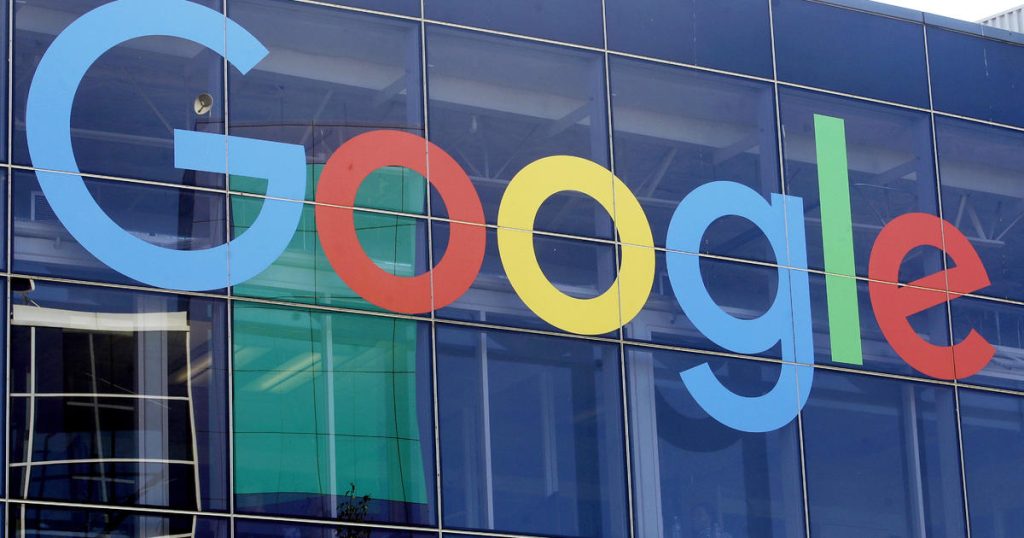Google fired more than two dozen employees after protests against the company’s cloud-computing contract with the Israeli government. The workers were terminated following a company investigation that determined they were involved in disruptive protests at Google offices in New York and California. The protests were organized by No Tech for Apartheid and aimed at Project Nimbus, a $1.2 billion contract with Amazon to provide AI and cloud services to the Israeli government. Demonstrators entered Google Cloud CEO Thomas Kurian’s office during the protests, leading to the arrests of nine individuals.
No Tech for Apartheid, the organization behind the protests, stated that the demonstrations were peaceful and that Google employees have the right to peacefully protest working conditions. The organization believes that the firings were retaliatory in nature. Google spokespersons defended the company’s support of various governments, including Israel, with cloud computing services, stating that the work is not related to military or intelligence services. However, No Tech cited a Time Magazine report that found Google had built custom tools for Israel’s Ministry of Defense and had contracts with the Israeli Occupation Forces.
The protests at Google offices were met with strong opposition from the company, with Vice President of Global Security Chris Rackow stating that the behavior of the protesters was unacceptable, disruptive, and threatening to fellow employees. The protesters were asked to leave but refused, leading to law enforcement intervention to remove them from the premises. Despite the aggressive response from Google, No Tech for Apartheid maintains that the demonstrations were peaceful and within the rights of employees to protest working conditions.
Following the protests and subsequent firings, concerns have been raised about the role of technology companies in providing services to governments with controversial actions. The Google protests highlight the growing scrutiny faced by tech companies for their involvement in projects that may be perceived as unethical or supporting human rights violations. As technology plays an increasingly significant role in global affairs, companies like Google are being pressured to consider the ethical implications of their business partnerships and contracts.
The incident at Google also raises questions about the limits of corporate control over employee actions and expression. While companies have policies in place regarding acceptable behavior in the workplace, the firing of employees for engaging in peaceful protests raises concerns about corporate silencing of dissenting voices. The situation underscores the tension between corporate interests and the rights of employees to express their views and advocate for change within the organization.
Overall, the protests at Google over the company’s contract with the Israeli government have sparked debate about the ethical responsibilities of technology companies and the rights of employees to protest working conditions. The firings of more than two dozen employees following the protests have brought attention to the balance between corporate interests and employee expression, as well as the role of technology companies in global politics. Moving forward, it will be important for companies like Google to carefully consider the ethical implications of their business decisions and engage in meaningful dialogue with employees to address concerns and maintain a positive work environment.


